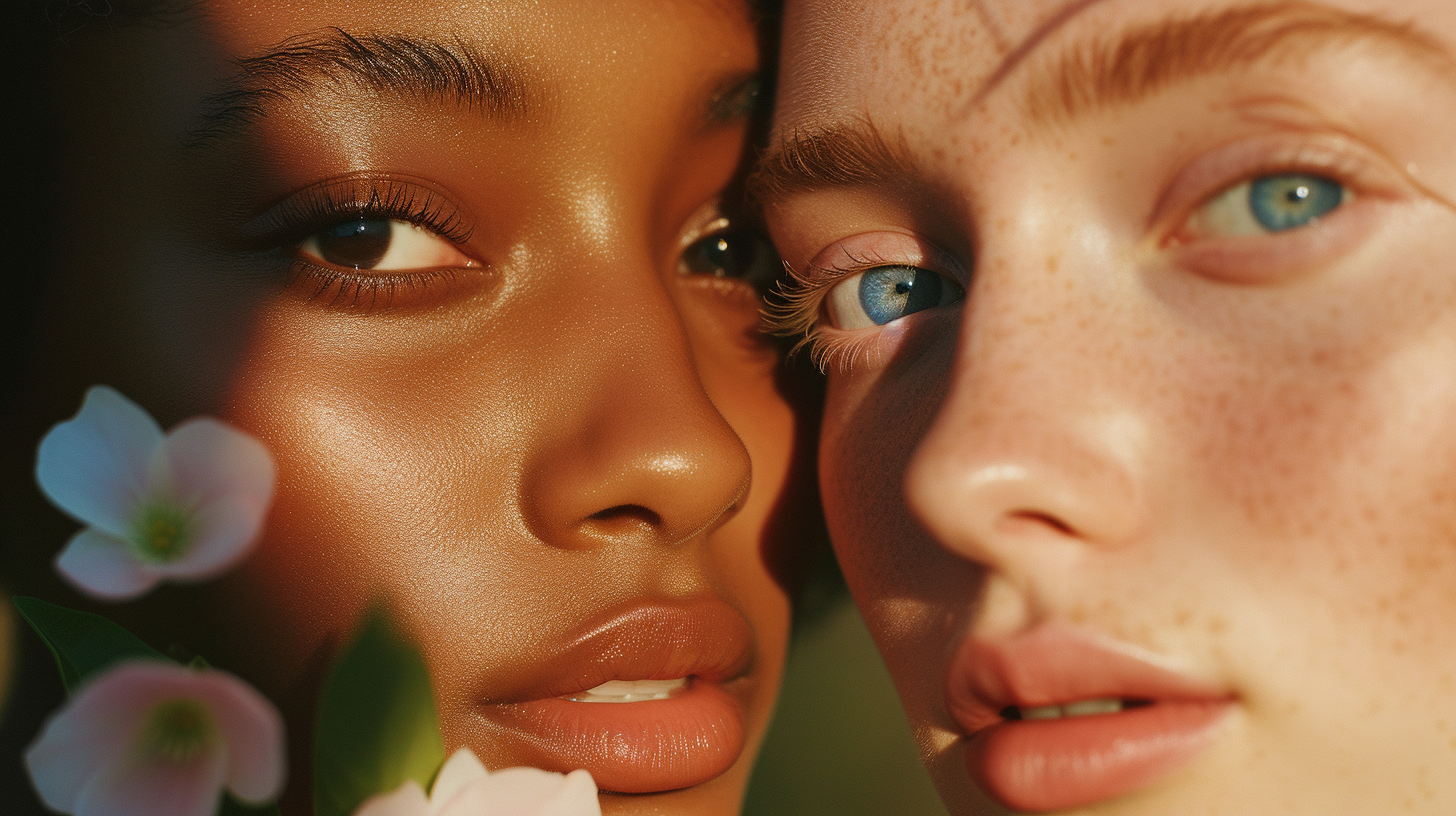Economic Equity and Access: Bridging the Gap in Beauty through DEIB and Sustainability
In the beauty industry, where innovation and aesthetics often take the spotlight, it’s crucial to address deeper, underlying issues that directly affect both the professionals within the space and the consumers they serve. Economic equity and access, intertwined with Diversity, Equity, Inclusion, and Belonging (DEIB) and sustainability, form the bedrock for creating a beauty industry that is not only prosperous but also equitable and inclusive.
Understanding Economic Equity and Access
Economic equity refers to the principle of fairness in economic opportunities, resources, and outcomes for all, regardless of race, gender, socioeconomic status, or other potentially discriminating factors. Access, on the other hand, encompasses the ability for individuals and communities to obtain and utilize the means necessary for their growth and well-being, including education, tools, and financial resources.
In the context of the beauty industry, economic equity and access manifest in various dimensions – from the availability of beauty products that cater to an inclusive range of skin tones and hair types to the opportunities for professionals to grow and thrive in their careers.
The Role of Diversity Equity Inclusion & Belonging in Fostering Economic Equity
DEIB initiatives within the beauty industry aim to ensure that all individuals – regardless of their background – can find their place and voice. This encompasses creating a diverse range of products that serve all consumers, ensuring that beauty spaces are inclusive and welcoming, and actively pursuing equity in opportunities for education, career advancement, and leadership positions in beauty businesses.
By adopting sustainable practices, beauty businesses can contribute to a more equitable industry.
Diversity: Introducing a Broad Spectrum of Beauty
Diversity in beauty means acknowledging and celebrating the vast range of human characteristics – skin colors, hair textures, and cultural backgrounds. By expanding product lines and services to cater to this diversity, beauty brands not only embrace inclusion but also unlock market potential previously overlooked, driving economic growth and access.
Equity: Leveling the Playing Field
Equity in the beauty industry means actively addressing and dismantling the barriers that prevent professionals and consumers from equitable opportunities and experiences. This includes mentorship programs, funding opportunities for underrepresented entrepreneurs, and policies that support fair wage structures and career advancement.
Inclusion and Belonging: Creating Spaces for All
Inclusion and belonging revolve around cultivating environments where everyone feels valued, heard, and respected. For the beauty industry, this means fostering community initiatives, supporting diverse leadership, and ensuring that marketing and representation are reflective of the industry’s diverse audience.
Sustainability: A Pillar for Long-term Equity
 Sustainability in the beauty industry goes beyond environmental concerns, entailing the creation of economic systems that support long-term growth and stability for all stakeholders. By adopting sustainable practices, beauty businesses can contribute to a more equitable industry. This includes prioritizing ethical sourcing, reducing waste, and creating products that are both eco-friendly and accessible to a broader audience.
Sustainability in the beauty industry goes beyond environmental concerns, entailing the creation of economic systems that support long-term growth and stability for all stakeholders. By adopting sustainable practices, beauty businesses can contribute to a more equitable industry. This includes prioritizing ethical sourcing, reducing waste, and creating products that are both eco-friendly and accessible to a broader audience.
Embracing a Circular Economy
A circular economy in the beauty sector aims to reduce waste and promote the reuse and recycling of resources. This approach not only minimizes environmental impact but also creates new economic opportunities through innovative business models, such as refillable cosmetic containers or recycling programs that offer discounts to consumers.
Investing in Local Communities
Sustainable beauty also involves supporting the local economies and communities from which resources are sourced. By working directly with local producers and ensuring fair trade practices, beauty businesses can help uplift communities and provide them with better access to economic opportunities.
The Path Forward
To truly realize a beauty industry that champions economic equity and access, ongoing commitment to DEIB and sustainability is essential. This includes continuously evaluating and adjusting business practices to ensure they align with these principles, actively engaging with communities to understand and address their needs, and fostering a culture of inclusivity and respect within the industry.
By embracing these values, the beauty industry can not only enhance its economic viability but also build a more equitable, sustainable, and inclusive future for all.

